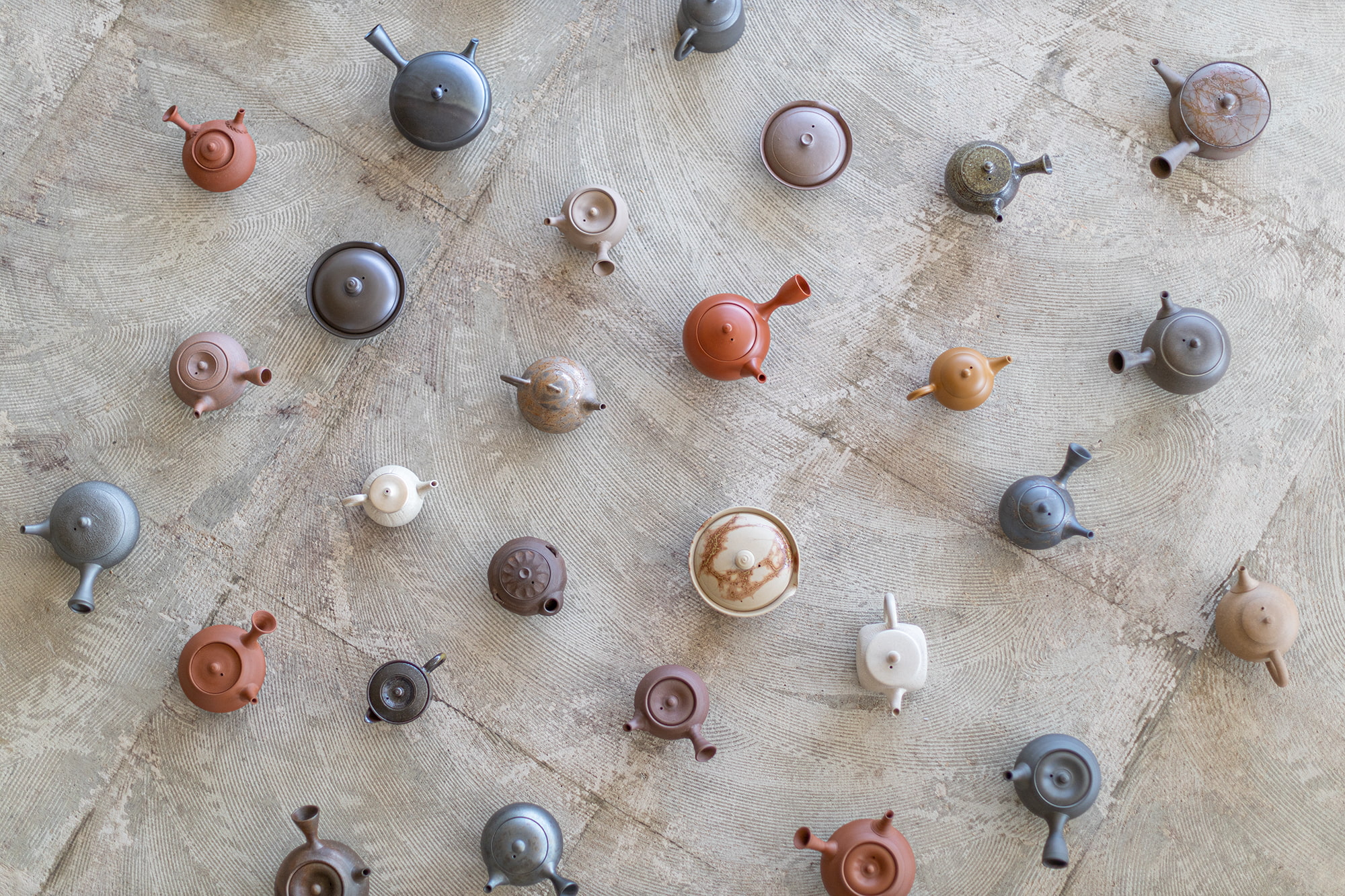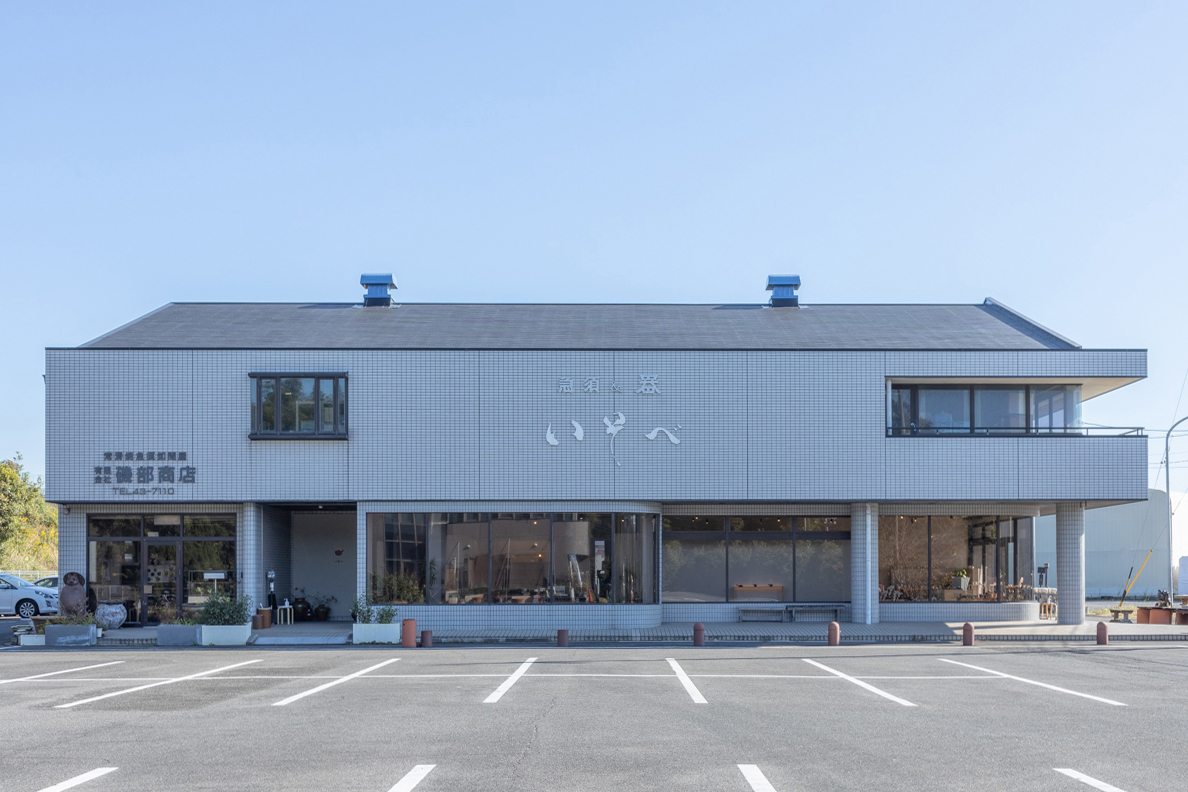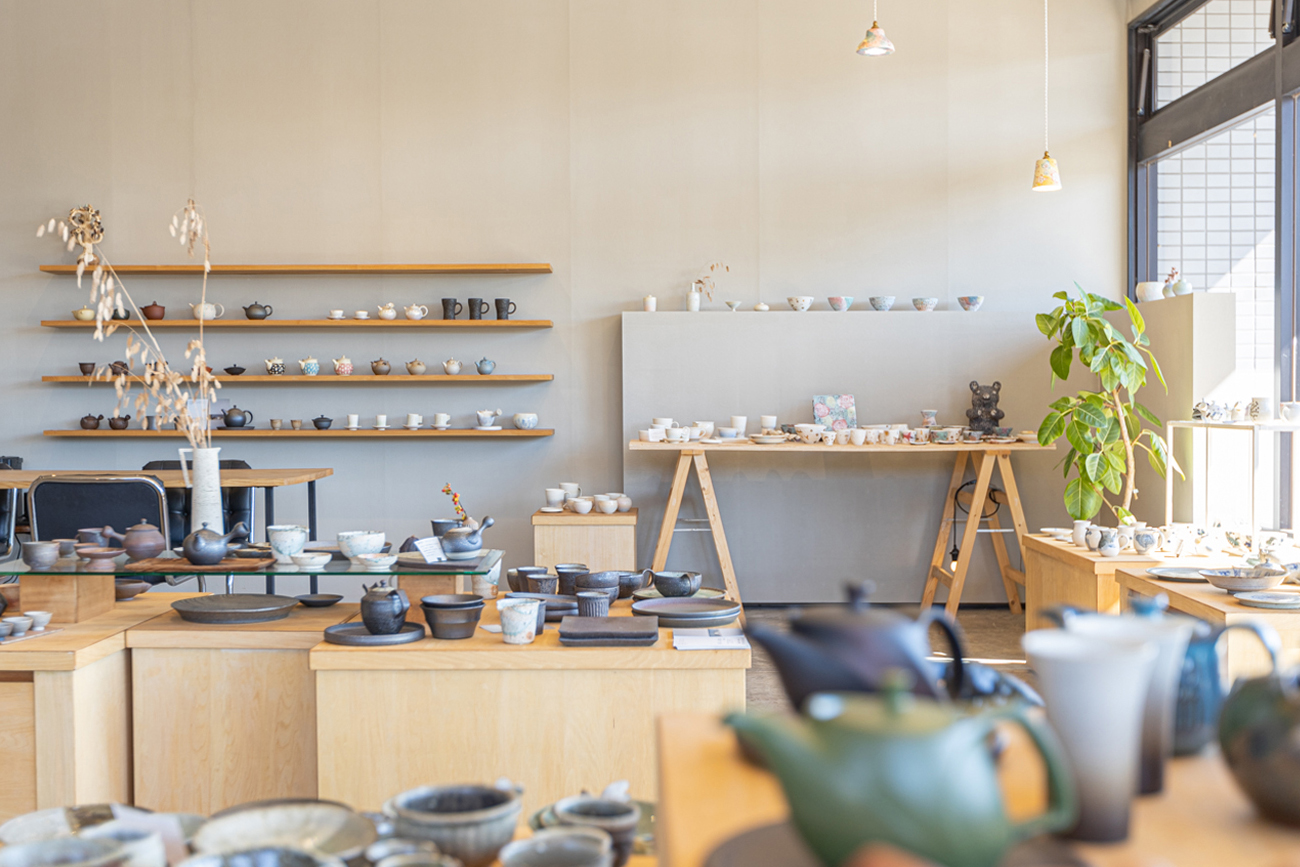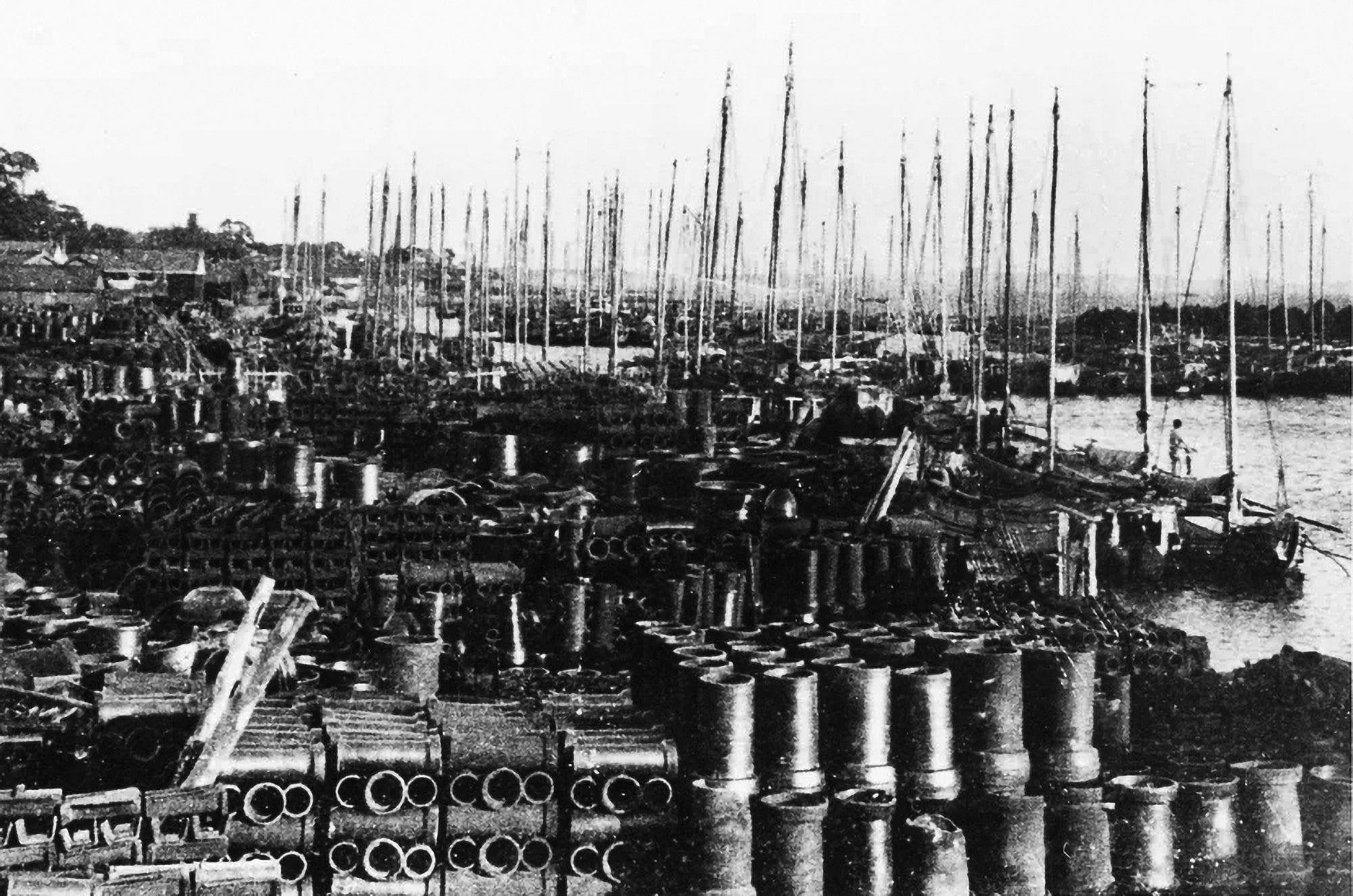Link / News

Link / News


Tokoname ware teapot wholesaler
100 Kamisunahara, Kanayama, Tokoname-shi,
Aichi 479-0003, Japan
Tokonameyaki Wholesale Complex (Ceramall)
tel.0569-43-7110
Opening hours: 9:00-17:00
[Contact Us]
For inquiries, please contact us using the dedicated
form.
Isobe Shoten began in 1964 with its founder and predecessor, Masanori Isobe, and has been a wholesaler
specializing in kyusu since that time.
In addition to wholesalers, we have been involved in the development of original kyusu designs with local
mold manufacturers and the development of kyusu with high production efficiency and have progressed along
with the growth of the production area.
At that time, the usability of tea strainers was important as a daily necessity and our predecessors in
particular developed and sold kyusu equipped with tea strainers that were easy to use every day.
In the modern era we have also valued our connection with local handmade kyusu artists and have built a
relationship of trust over a long period of time.
I would like to be able to say, "Isobe can fulfill any customer’s request for kyusu."

Retail Store
100 Kamisunahara, Kanayama, Tokoname-shi,
Aichi 479-0003, Japan
Tokonameyaki Wholesale Complex (Ceramall)
tel.0569-43-7788
Opening hours: 9:00-17:00
Open all year round
(closed during the year-end and New Year holidays)
[Contact Us]
For inquiries, please contact us using the dedicated
form.
In 1993, when we moved our base to the Tokoname ceramic wholesale complex "Ceramal", we started
exhibiting and selling at retail stores in addition to our wholesale business.
The store has a variety of Tokoname kyusu.
In addition to kyusu mass-produced by castings and molds, we sell handmade kyusu made on the potter’s
wheel, tableware made by local ceramic artists, cute ceramic accessories and so on. We focus on creating a
space that is interesting if only to look at.
Please contact us for anything such as a kyusu for everyday use, one that you want to give as a gift or a
special one for yourself.
We also invite artists to the store to demonstrate pottery making and interact directly with customers so
that the makers and users can build a meaningful relationship.
We want to be a kyusu specialty store that can support everyone's "life with tea".
Please give us a chance to wow you!
